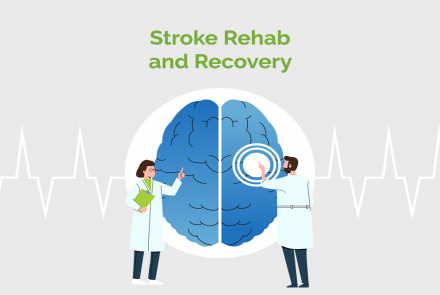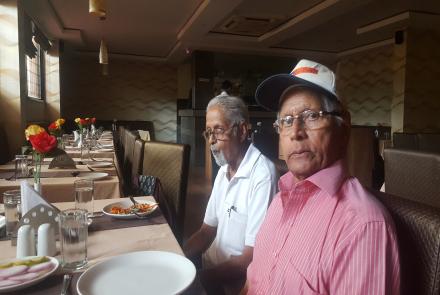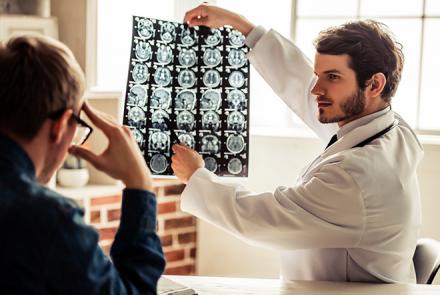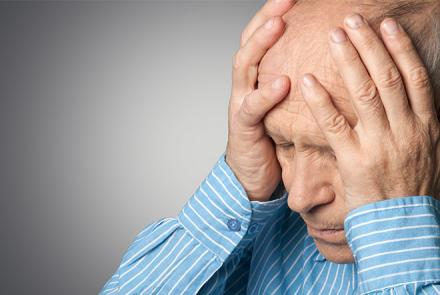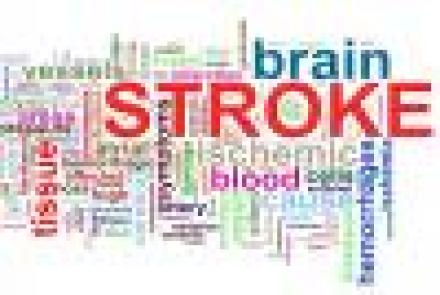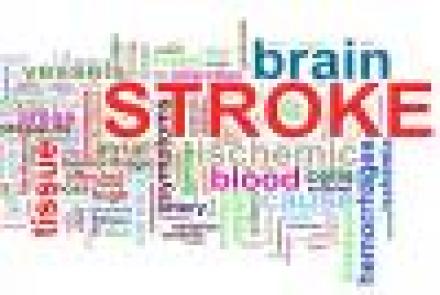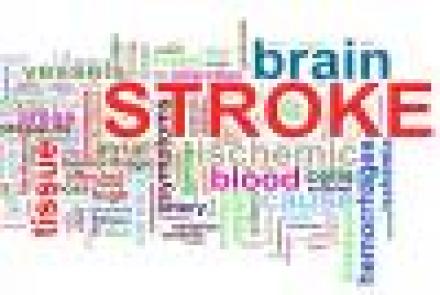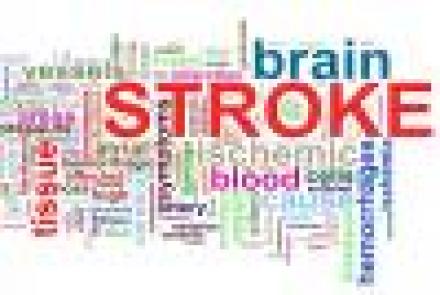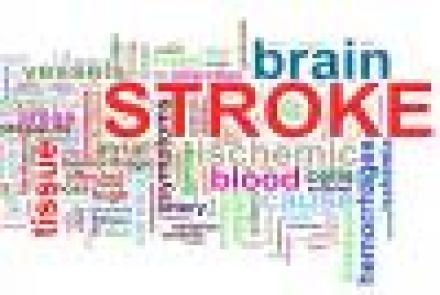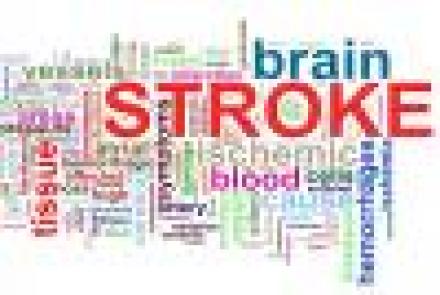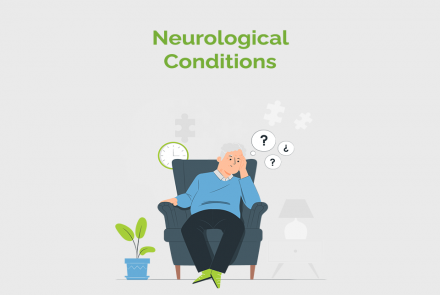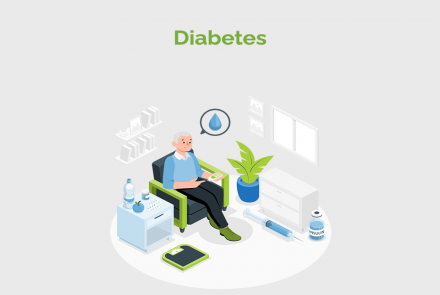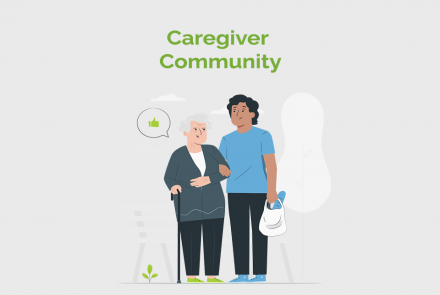Recovery after Stroke takes a lot of effort on behalf of the patient and his family. The effects of a stroke depend on which part of the brain is injured and how severely it is affected. This also effects the rehabilitiation effort needed. This is a place for you to share your experience, to ask questions and to know you are not alone
Latest Communities
- Parkinson's Disease, Multiple Sclerosis, Stroke Rehabilitation, Migraine Content for Dementia and…
- Pre-diabetes, Type 1, Type 2, Gestational, Complications, Diet and Nutrition, Yoga for Diabetes, Personal stories, News…
- A place where Caregivers come together to share common experiences, challenges,and resources. Caregivers are…

